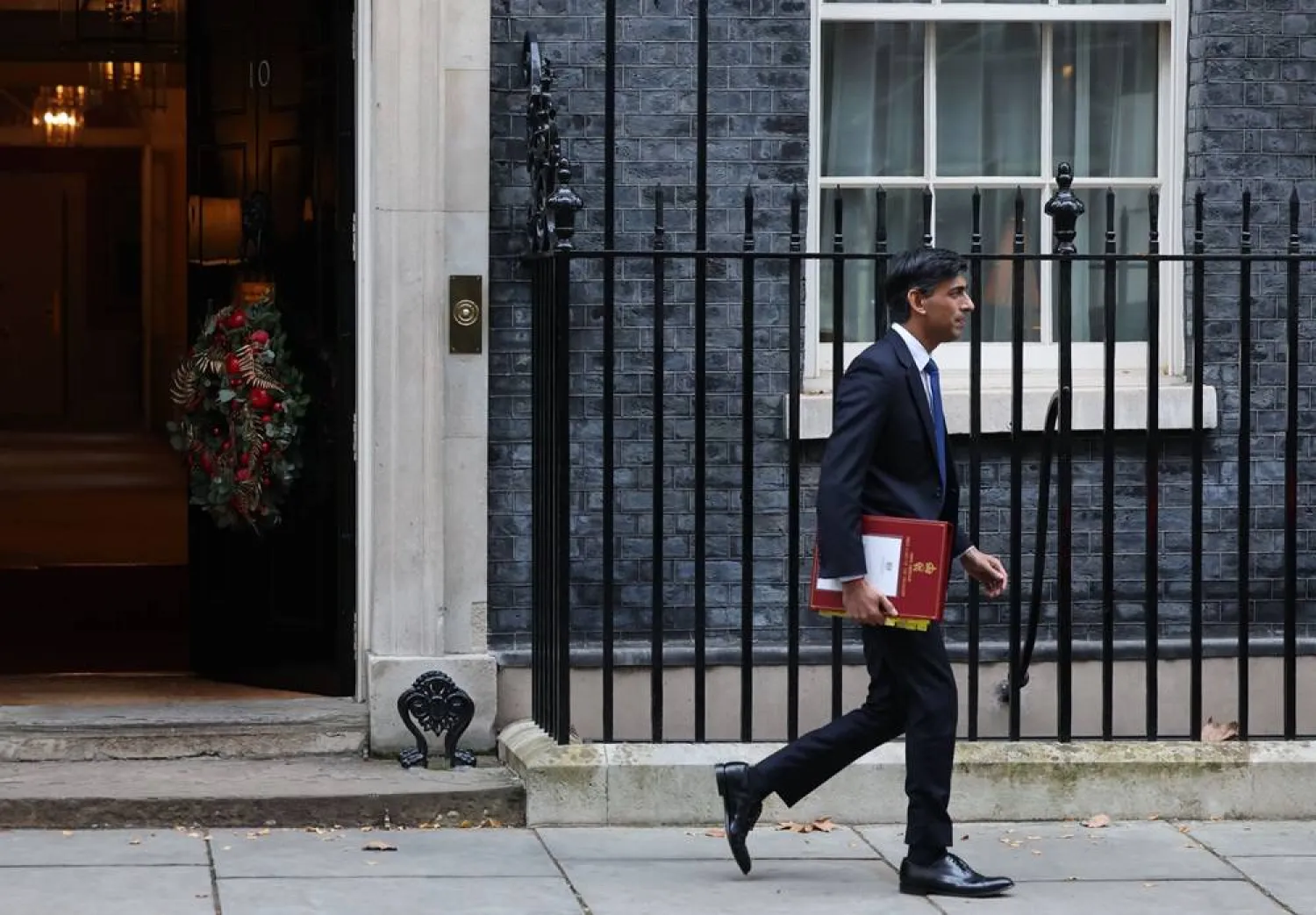British Prime Minister Rishi Sunak fueled a diplomatic row with Athens on Wednesday by accusing his Greek counterpart Kyriakos Mitsotakis of "grandstanding" during a recent trip to London over ownership of the Parthenon sculptures.
Sunak told parliament he had cancelled a planned meeting with Mitsotakis in London on Tuesday after the Greek premier broke a promise not to use his trip as an opportunity to advocate for the return of the sculptures, known in Britain as the Elgin Marbles, from the British Museum.
In his first public comments, Sunak said: "It was clear that the purpose of the meeting was not to discuss substantive issues for the future, but rather to grandstand and relitigate issues of the past."
Responding to Sunak's comments, a senior Greek government official said: "In the spirit of the good longstanding relations between the two countries, which we intend to preserve, we have nothing more to add on this matter."
Sunak cancelled the meeting after Mitsotakis discussed the issue during an interview for the BBC at the weekend. The cancellation prompted an angry response from Mitsotakis, and Greek government officials said it was disrespectful.
Earlier on Wednesday, Mitsotakis appeared ready to tone down the rhetoric, calling the cancellation of the meeting an "unfortunate event".
"I believe the move will not hurt relations between Greece and Britain in the longer term," he told Greek President Katerina Sakellaropoulou, adding that Athens' demand for the reunification of the Parthenon sculptures had got more publicity than expected due to the turmoil.
Long-running dispute
Athens has repeatedly called on the British Museum to permanently return the 2,500-year-old sculptures that British diplomat Lord Elgin removed from the Parthenon temple in 1806, during a period when Greece was under Ottoman Turkish rule.
About half of the 160-metre frieze that adorned the Parthenon in Athens is in the British Museum, while 50 meters of the carvings are in the Acropolis museum in Greece.
During the BBC interview on Sunday, Mitsotakis compared the separation of the sculptures to cutting the Mona Lisa in half, a characterization rejected by the British government. Greek officials said Mitsotakis had only reiterated his country's longstanding stance.
Sunak's Conservatives, who have been in power for the last 13 years, are trailing the opposition Labour Party by around 20 points in opinion polls ahead of a national election expected next year.
On Wednesday, Labour leader Keir Starmer accused Sunak of trying to "hide his failures" by manufacturing a row over the sculptures and trying to humiliate Mitsotakis.
Greece has said it would be willing to loan antiquities to the British Museum in return for being able to temporarily exhibit the Parthenon sculptures in Athens and that such a deal would not alter its long-standing demand for their permanent return.
The British Museum has said it would consider a loan to Greece only if it acknowledges the museum's ownership of the sculptures, something Greek governments have refused.
But in January the museum called for a new Parthenon Partnership with Greece.
"Discussions with Greece about a Parthenon Partnership are on-going and constructive," said a British Museum spokesperson.
"We believe that this kind of long-term partnership would strike the right balance between sharing our greatest objects with audiences around the world, and maintaining the integrity of the incredible collection we hold at the museum."









